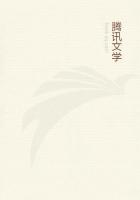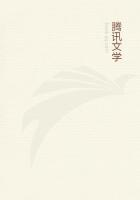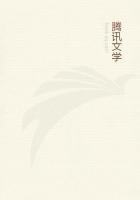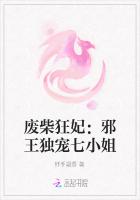THERE had apparently been some mistake in Agamemnon's education.He had been to a number of colleges, indeed, but he had never completed his course in any one.
He had continually fallen into some difficulty with the authorities.
It was singular, for he was of an inquiring mind, and had always tried to find out what would be expected of him, but had never hit upon the right thing.
Solomon John thought the trouble might be in what they called the elective system, where you were to choose what study you might take.This had always bewildered Agamemnon a good deal.
"And how was a feller to tell," Solomon John had asked, "whether he wanted to study a thing before he tried it? It might turn out awful hard!"Agamemnon had always been fond of reading, from his childhood up.He was at his book all day long.Mrs Peterkin had imagined he would come out a great scholar, because she could never get him away from his books.
And so it was in his colleges; he was always to be found in the library, reading and reading.But they were always the wrong books.
For instance: the class were required to prepare themselves on the Spartan war.
This turned Agamemnon's attention to the Fenians, and to study the subject he read up on "Charles O'Malley," and "Harry Lorrequer," and some later novels of that sort, which did not help him on the subject required, yet took up all his time, so that he found himself unfitted for anything else when the examinations came.In consequence he was requested to leave.
Agamemnon always missed in his recitations, for the same reason that Elizabeth Eliza did not get on in school, because he was always asked the questions he did not know.It seemed provoking;if the professors had only asked something else!
But they always hit upon the very things he had not studied up.
Mrs.Peterkin felt this was encouraging, for Agamemnon knew the things they did not know in colleges.In colleges they were willing to take for students only those who already knew certain things.
She thought Agamemnon might be a professor in a college for those students who didn't know those things.
"I suppose these professors could not have known a great deal,"she added, "or they would not have asked you so many questions;they would have told you something."
Agamemnon had left another college on account of a mistake he had made with some of his classmates.They had taken a great deal of trouble to bring some wood from a distant wood-pile to make a bonfire with, under one of the professors' windows.
Agamemnon had felt it would be a compliment to the professor.
It was with bonfires that heroes had been greeted on their return from successful wars.In this way beacon-lights had been kindled upon lofty heights, that had inspired mariners seeking their homes after distant adventures.As he plodded back and forward he imagined himself some hero of antiquity.He was reading "Plutarch's Lives" with deep interest.This had been recommended at a former college, and he was now taking it up in the midst of his French course.
He fancied, even, that some future Plutarch was growing up in Lynn, perhaps, who would write of this night of suffering, and glorify its heroes.
For himself he took a severe cold and suffered from chilblains, in consequence of going back and forward through the snow, carrying the wood.
But the flames of the bonfire caught the blinds of the professor's room, and set fire to the building, and came near burning up the whole institution.Agamemnon regretted the result as much as his predecessor, who gave him his name, must have regretted that other bonfire, on the shores of Aulis, that deprived him of a daughter.
The result for Agamemnon was that he was requested to leave, after having been in the institution but a few months.
He left another college in consequence of a misunderstanding about the hour for morning prayers.He went every day regularly at ten o'clock, but found, afterward, that he should have gone at half-past six.This hour seemed to him and to Mrs.Peterkin unseasonable, at a time of year when the sun was not up, and he would have been obliged to go to the expense of candles.
Agamemnon was always willing to try another college, wherever he could be admitted.He wanted to attain knowledge, however it might be found.But, after going to five, and leaving each before the year was out, he gave it up.
He determined to lay out the money that would have been expended in a collegiate education in buying an Encyclop?dia, the most complete that he could find, and to spend his life studying it systematically.He would not content himself with merely reading it, but he would study into each subject as it came up, and perfect himself in that subject.By the time, then, that he had finished the Encyclop?dia he should have embraced all knowledge, and have experienced much of it.
The family were much interested in this plan of making practice of every subject that came up.
He did not, of course, get on very fast in this way.In the second column of the very first page he met with A as a note in music.
This led him to the study of music.He bought a flute, and took some lessons, and attempted to accompany Elizabeth Eliza on the piano.This, of course, distracted him from his work on the Encyclop?dia.But he did not wish to return to A until he felt perfect in music.This required a long time.
Then in this same paragraph a reference was made; in it he was requested to "see Keys." It was necessary, then, to turn to "Keys."This was about the time the family were moving, which we have mentioned, when the difficult subject of keys came up, that suggested to him his own simple invention, and the hope of getting a patent for it.This led him astray, as inventions before have done with master-minds, so that he was drawn aside from his regular study.
The family, however, were perfectly satisfied with the career Agamemnon had chosen.It would help them all, in any path of life, if he should master the Encyclop?dia in a thorough way.


